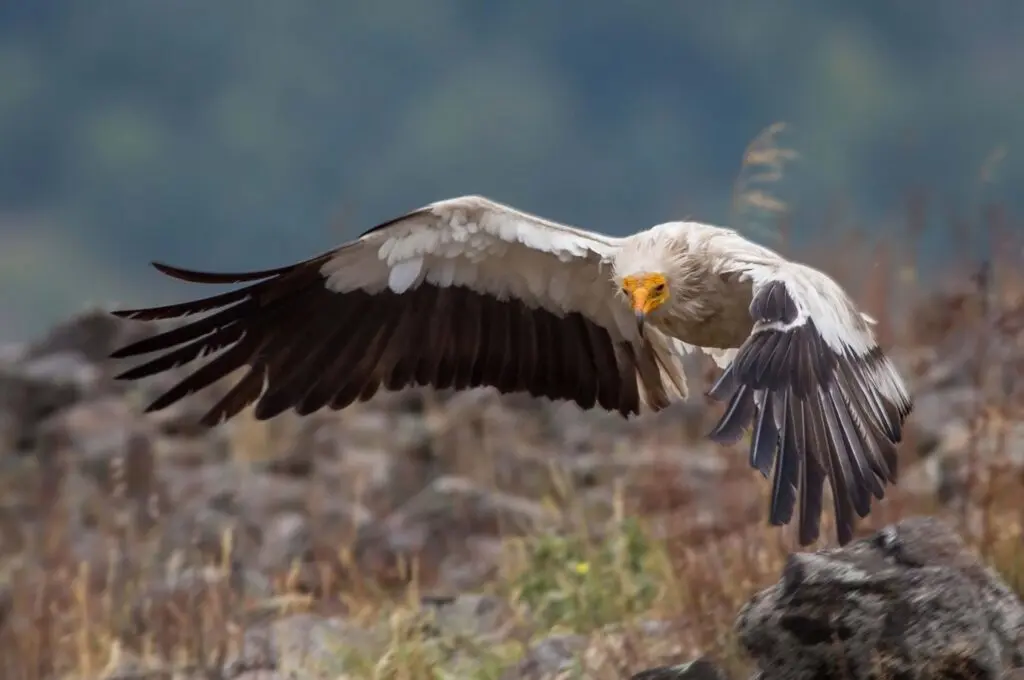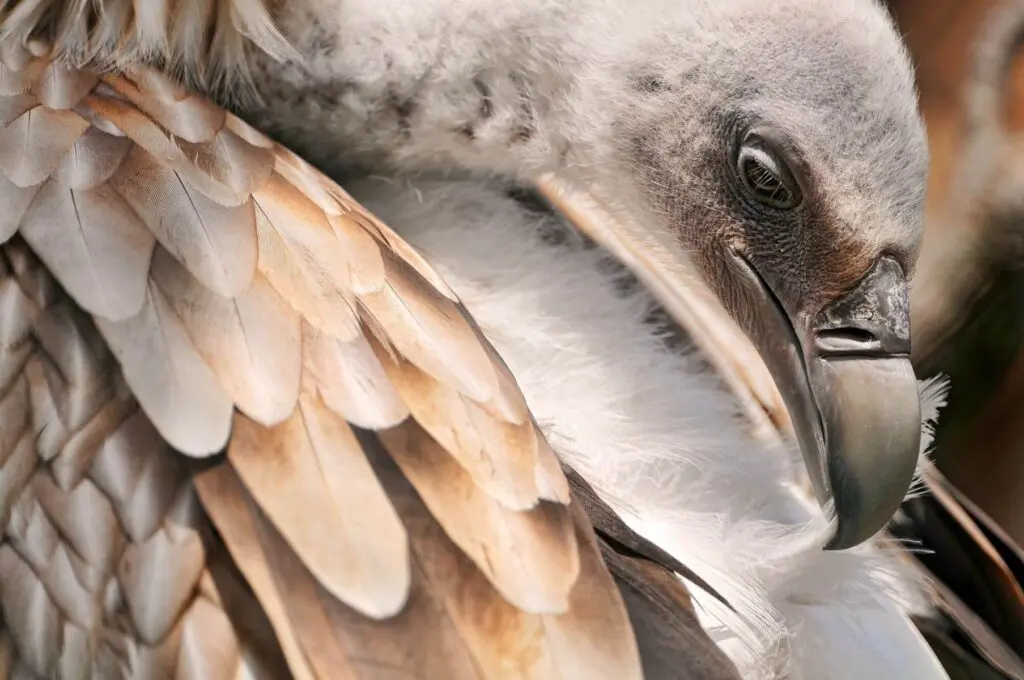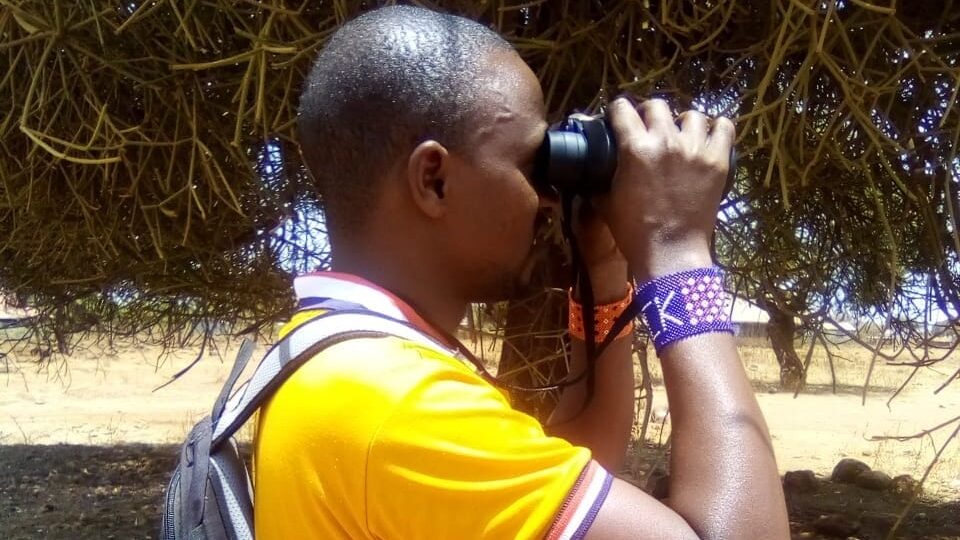Become a species champion
Join the ever growing community of Species Champions supporting our work to prevent extinctions
As a global Partnership, we believe in internationalism. We have translated as much content in your language as our resources allow. Please visit the English language site to view all of our content.

In recent years, vulture populations across Africa have declined catastrophically. Seven out of the 11 African vulture species are now at risk of extinction. Over the last 50 years we have seen vulture population declines of 80-97%, including a 92% decline in five African vulture species.
Vultures are synonymous with the African landscape, whether catching a thermal to circle effortlessly above the savannah or feeding greedily on carcasses. These magnificent birds, dubbed ‘nature’s clean-up crew’, perform a vital role in the ecosystem by cleaning up carcasses and organic waste from the environment. This likely helps to limit disease transmission from animal carcasses to humans and other animals. However, African vultures are now in danger of extinction.

Poisoning accounts for more than 60% of vulture mortalities, especially in East and Southern Africa. Vultures may be deliberately targeted, or consume poisoned bait intended to kill lions or other livestock predators. Meanwhile, in West Africa, killing for belief-based use (for example traditional medicine) is prevalent. BirdLife International, through our network of national partners and other collaborators, is promoting vulture conservation on the continent and developing unique approaches to halt vulture declines across Africa.
In rural Kenya, 28-year-old Jackson Sironka is part of the Vulture Protector Network of local vulture guardians: an initiative aimed at raising awareness of the importance of vultures, and the negative effects of wildlife poisoning. The network covers an area of more than 8,000 square kilometres. Together with other vulture guardians, Jackson holds village meetings and participates in outreach activities at local markets as part of this awareness raising. For Sironka, and other vulture guardians, this awareness raising is a critical step towards saving Africa’s vultures.
“Being a Maasai, I have witnessed countless conflicts between human and wildlife since my childhood days. This creates a very negative attitude towards wildlife. The local community had several methods of solving these conflicts which included snaring, spearing and even poisoning wildlife.
My interest in vultures developed in 2019 after Nature Kenya [BirdLife Partner] started a programme on Vulture Conservation in Kajiado County. When I realised that they were declining here because of this human-wildlife conflict, I felt the need to share with my community as vultures are important to us pastoralists; they help us find our lost livestock in the grazing fields. Through Nature Kenya’s awareness activities I realized they are also important in cleaning the environment as they feed on carcasses. Above all, vultures signify a healthy environment. “
Jackson Sironka

Join the ever growing community of Species Champions supporting our work to prevent extinctions
Our evidence-backed approach ensures your money will always go where it’s needed most
Vultures provide services that benefit humankind immeasurably. They make our environment cleaner by clearing rotting carcasses and other organic waste, and evidence suggests this also helps limit the spread of infectious diseases.